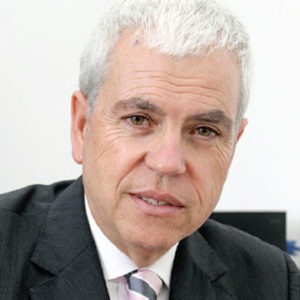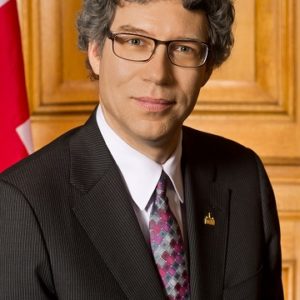Rebuilding the City
Side Events Venue: R7- Metropolis – World Association Of The Major Metropolises.
Several large cities are the result of urbanization associated with industrialization dating back to the 19th and 20th centuries. Many cities include sectors in their core areas that are under utilized, but whose vocations are destined to change in order to meet the need for renewed and diversified urban activities for economic and housing purposes. These sectors are in need of transformation. In addition, the intention to densify urban activities associated with public transit infrastructures serves to favour public interventions, planning and investments aimed at transforming some of these sectors in order to better meet housing and employment needs. These operations are the concrete expression of this movement, of the challenge in rebuilding the city upon itself. The urban projects associated with these sectors undergoing transformation are the laboratory for the New Urban Agenda. They are the sites for the implementation of new financing tools and partnerships focused on innovation. These rebuilding operations make it possible to highlight existing public infrastructures (transportation, public facilities) while reducing urban expansion or sprawl. In order to achieve this, cities and governments, through urban planning and project management initiatives, must develop realestate and affordable housing strategies in connection with sustainable mobility. These planning and intervention initiatives are also closely associated with public participation exercises. The cities of Montréal, Berlin, Brussels, Mexico City, Johannesburg and Seoul will demonstrate their respective initiatives geared to implementing the New Urban Agenda from an integrated planning perspective, with the presentation of projects and concrete cases. These various experiences may also serve as examples of how the New Urban Agenda is promoted, while taking into account cultural differences and the legal framework.



